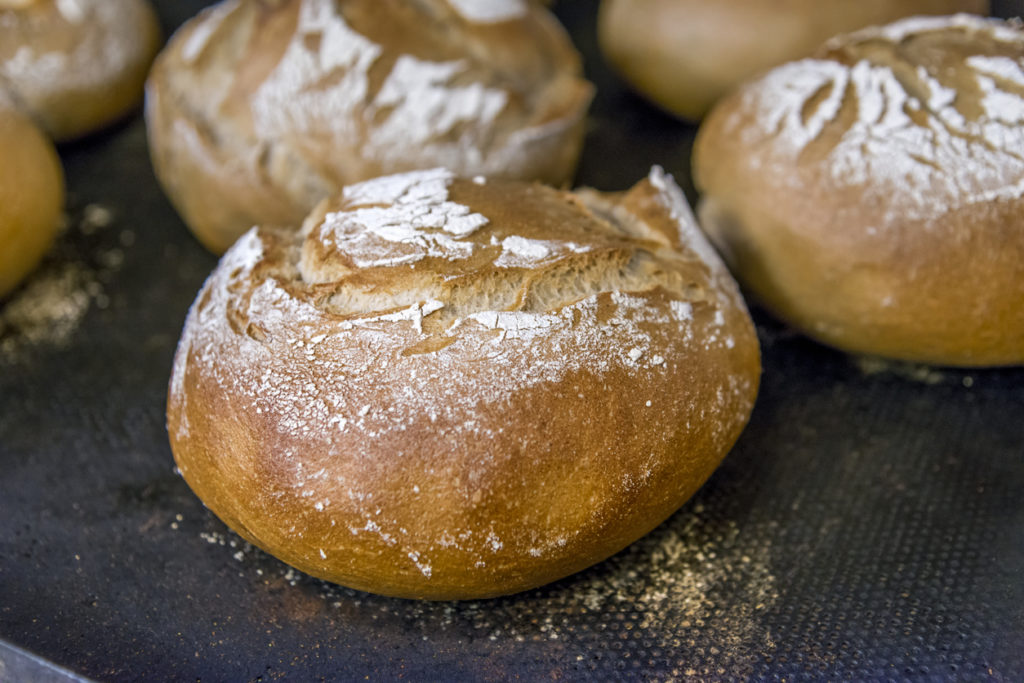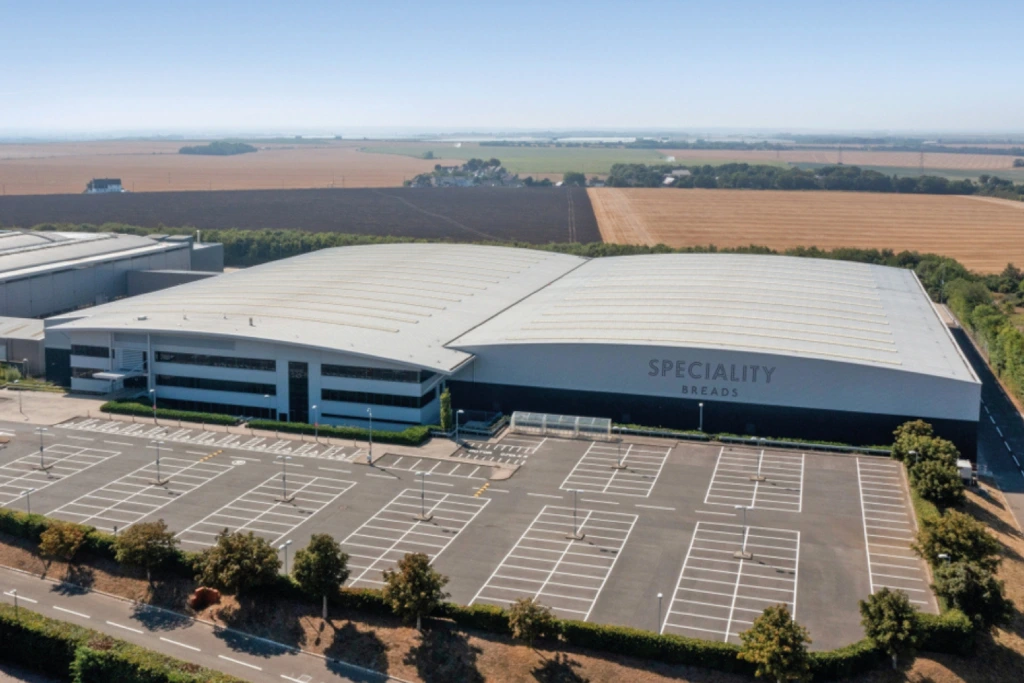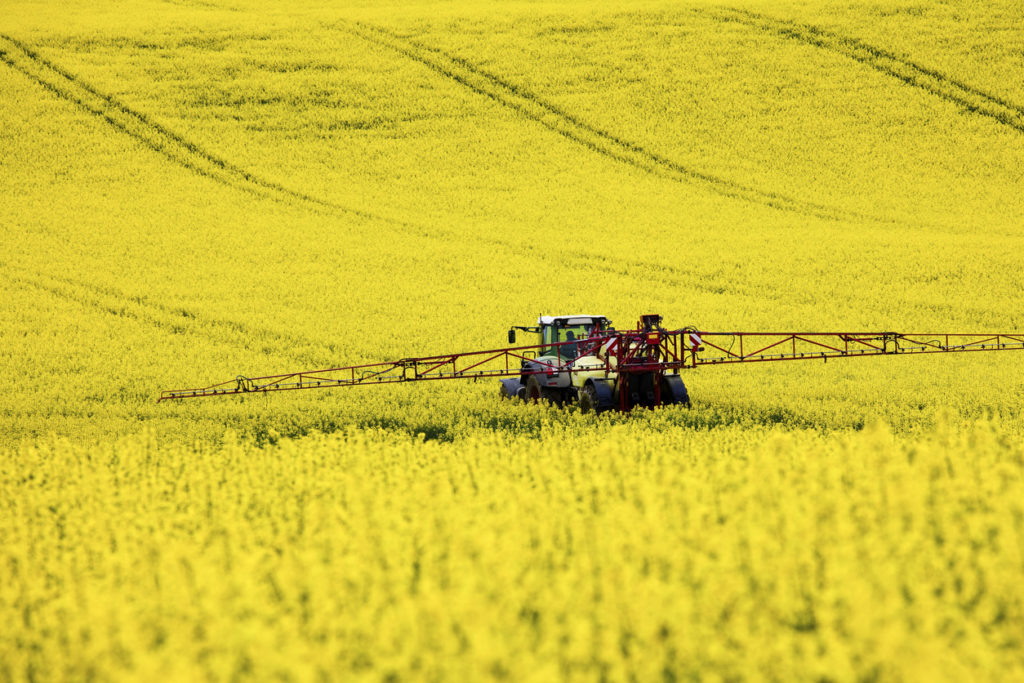- General
Mass bread theft, the Bread Arrows, and USA’s food additive scandal

Imagine the day when bread becomes so expensive that gangs of armed robbers feel it’s worth stealing. It’s happening in Zimbabwe. One Stoke bakery performs acrobatic displays with bread-carrying drones in an unusual publicity stunt. And it looks like American bread contains all sorts of weird and not-so-wonderful ingredients that would never be allowed anywhere near a loaf in the EU. Here’s the news.
Zimbabwe armed gang steals 500 loaves
You know for sure your economy is in trouble when armed gangs start stealing bread. A gang of armed robbers nicked 500 loaves of bread during a delivery at Zimbabwe bakery recently, using an unmarked vehicle to stop the bread delivery van in its tracks. The gang, which was armed with pistols, overcame the crew, who put up a good fight, and took the loaves. Apparently investigations are taking place.
The theft highlights the scarcity of bread in Zimbabwe, a staple that currently commands enormous prices on the black market. The latest news? It looks like $7m had been handed over by the country’s central bank to fund imported wheat, but it’s only enough to last the country a couple of weeks.
The ‘Bread Arrows’ delight Stoke residents
When a fleet of drones were spotted in Stoke, it turned out to be a special delivery from local bakers Roberts, known for their creative marketing. Each drone was carrying a loaf from Roberts and together they performed an impressive display of aerobatics.
Why the drones? The Cheshire bakery wanted to highlight its new, more sustainable paper bag which contains 53% less plastic than before, made with sustainably-sourced paper covered in a thin layer of polypropylene to keep the freshness in. It matters because most of the 10,000 tonnes of plastic packaging produced by British bakeries every year goes to landfill, or has to be specially recycled at dedicated recycling facilities. Roberts’ bread bag is the first in the UK that can be recycled at home in the normal way.
USA’s bread additives are also found in yoga mats, pesticides and hair straightening products
As reported by The Guardian, China, Brazil and EU member nations have outlawed chemicals found in American bread. The substances include foam expander, additives that usually belong in explosives, and petroleum products.
Some of the chemicals are used to whiten bread, others to ‘condition’ the dough, and some to help the ‘bread’ (note the inverted commas!) rise. But they can all harm our health. Potassium bromate, for example, is a powerful oxidizer that helps bread rise, but it has been linked to kidney and thyroid cancers in animal tests. And a nasty substance called Azodicarbonamide, which makes the bubbles appear in foams and plastics, is used to bleach and leaven dough, but also has links with cancer in animal tests when it’s baked.
China and Brazil have already banned potassium bromate in food. India banned it in 2016, and it has been outlawed in Britain since 1990. In the EU it has been banned in food for more than 10 years. But the US’ FDA still says it is ‘generally recognized as safe’ to eat.
Experts disagree. They say America’s system for adding ingredients to food is ‘broken’. Once a substance gets into the food supply the FDA rarely take action, even when there’s evidence of danger. In fact the US Center for Science in the Public Interest demanded the FDA ban potassium bromate twenty years ago because of cancer links, but the FDA apparently said ‘limited availability of resources and other agency priorities’ meant they couldn’t do anything.
As a result consumers are taking things into their own hands. A petition kicked off by the food blogger Vani Hari has led to Subway, Wendy’s, McDonald’s and White Castle all rejecting Azodicarbonamide in 2014. But during the same year one study revealed how the chemical was actually found in more than 500 food products. In 2019 the number has fallen to 200, but it’s still way too high.
How to avoid nasties like this? Stick to British bread, bread good enough to attract the coveted Red Tractor mark. In other words, stick to bread like ours. Bread you can trust, made by people you can trust, in a country you can trust to do the decent thing by its consumers.



